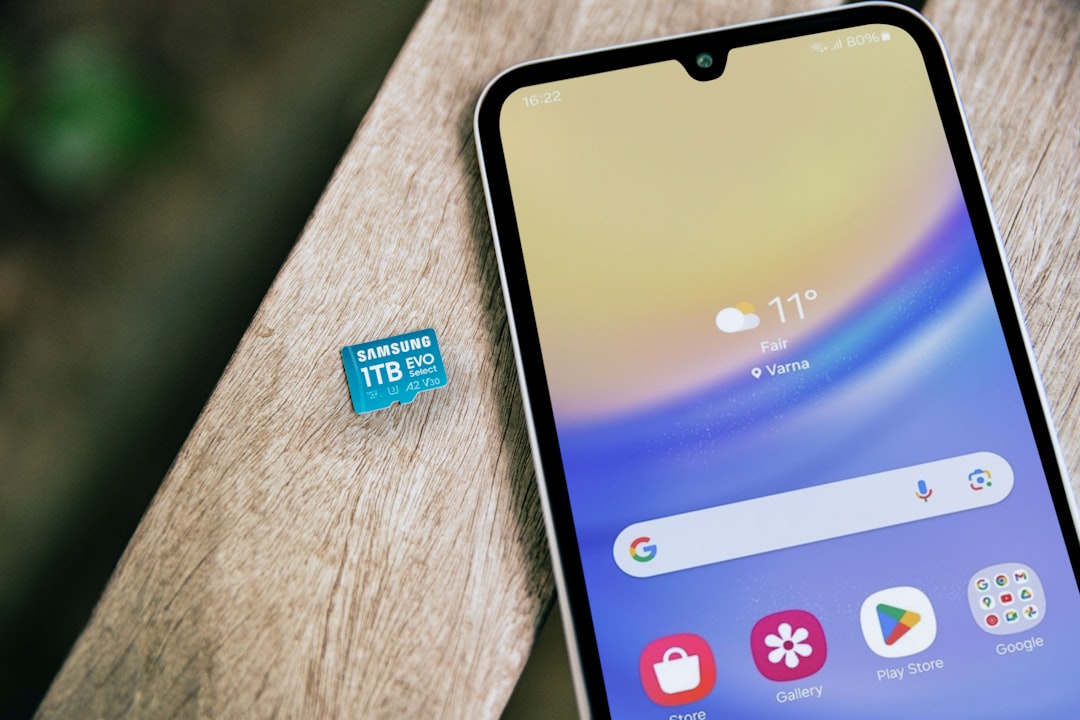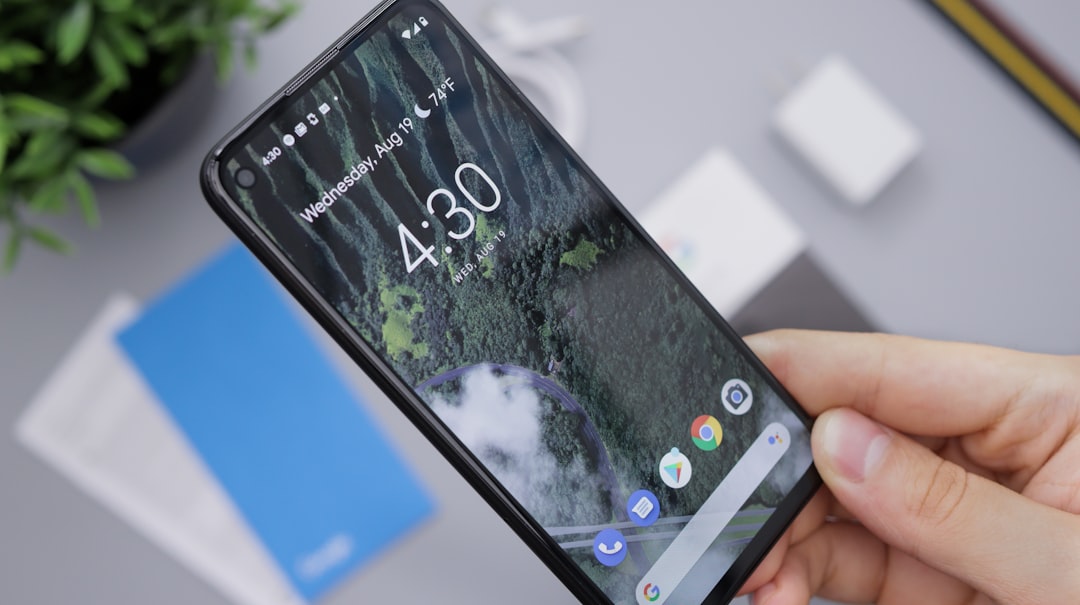Robocalls are a growing concern in Alabama due to fraudulent activities, causing frustration and potential identity theft risks. Both state and federal laws, notably the TCPA and UDPA, protect residents from unauthorized automated calls. If you've experienced unwanted robocalls, document them and consider legal action with a qualified lawyer to sue for damages or injunctive relief under these laws, ensuring your rights are protected against robocallers in Alabama.
In Alabama, robocalls pose a persistent problem, causing distress and disrupting daily life. Understanding the legal actions available against these automated calls is crucial. This comprehensive guide explores the legal framework in Alabama, addressing questions like “Can I sue for robocalls in Alabama?” We break down the types of compensation, steps to take if received an unwanted call, and more. By knowing your rights, you can effectively navigate and combat the nuisance of robocalls.
What Are Robocalls and Why Are They a Problem in Alabama?

Robocalls, or automated telephone calls, have become a prevalent and often unwanted nuisance in Alabama, as they are across the country. While many legitimate businesses use robocalls for marketing purposes, they have also opened the door to a wave of fraudulent activities. Scammers exploit the anonymity of these automated systems to make unsolicited calls, often with pre-recorded messages, to lure unsuspecting individuals into providing personal information or falling victim to various scams.
In Alabama, like many other states, robocalls have sparked significant concern due to their frequency and potential for harm. The sheer volume of unwanted calls can be overwhelming, leading to frustration and a breach of peace. Moreover, the risk of scamming and identity theft is a severe issue, as individuals may inadvertently share sensitive data over the phone. This problem has prompted many Alabama residents to seek legal recourse, prompting questions like, “Can I sue for robocalls in Alabama?” Understanding the available legal actions is crucial for those affected by this modern-day nuisance.
Legal Framework Against Robocalls in Alabama

In Alabama, the fight against robocalls has legal roots in both state and federal laws. The Alabama Unfair and Deceptive Practices Act (UDPA) prohibits automated or prerecorded calls to residents unless the caller obtains prior express consent. This law empowers consumers to take action against companies that make unwanted robocalls, including the possibility of suing for damages.
Additionally, the Telephone Consumer Protection Act (TCPA), a federal statute, offers further protection to Alabama residents. The TCPA allows individuals to sue for monetary compensation if they receive robocalls without prior authorization. This law has been instrumental in curtailing abusive calling practices and provides a robust legal framework for those affected by unwanted phone calls, including the option to Can I Sue For Robocalls in Alabama.
Can You Take Legal Action Against Robocallers?

In Alabama, as in many other states, there are laws in place to protect residents from unwanted robocalls. If you’ve been subjected to repeated or unauthorized automated phone calls, you may have legal recourse. The Telephone Consumer Protection Act (TCPA) allows individuals to take action against robocallers by filing a lawsuit for damages, which can include monetary compensation for each violation. This law specifically prohibits automated calls to mobile phones and landlines without prior consent from the recipient.
If you believe you’ve been wrongfully targeted by robocalls, it’s advisable to document the calls, including the caller’s identification, the date and time of each call, and any recorded messages. These details can be crucial in establishing a case. While suing might seem intimidating, there are legal resources available to help Alabama residents understand their rights and take appropriate action against robocallers.
Types of Compensation and Relief Available

If you’ve received unwanted robocalls in Alabama, you may be wondering if you can take legal action and seek compensation. The good news is that there are several options available to hold robocallers accountable and obtain relief.
Types of compensation and relief include monetary damages for your trouble and any financial loss incurred as a result of the calls, as well as injunctive relief to stop the harassing behavior. In some cases, you might also be entitled to attorney’s fees and costs associated with the legal process. It’s important to note that the specific remedies accessible depend on the circumstances and applicable laws in Alabama, so consulting with an experienced lawyer who can guide you through your rights and options is advisable, especially if you’re considering suing for robocalls in Alabama.
Steps to Take If You've Received an Unwanted Robocall

If you’ve received an unwanted robocall in Alabama, there are several steps you can take to protect yourself and potentially stop future calls. First, document the call by recording any conversation (ensure compliance with local laws regarding consent), noting the date, time, caller’s phone number, and a summary of the message. Next, contact your state’s Attorney General’s office to file a complaint; they can help investigate and take action against the offending party.
Additionally, consider blocking the caller on your phone and using do-not-call lists. You may also have legal recourse if the robocall violated Alabama’s telemarketing laws or your rights under the Telephone Consumer Protection Act (TCPA). Consulting with a consumer protection lawyer to explore options like sending a cease-and-desist letter or filing a lawsuit, including potential compensation for harassment and invasion of privacy, could be beneficial.






